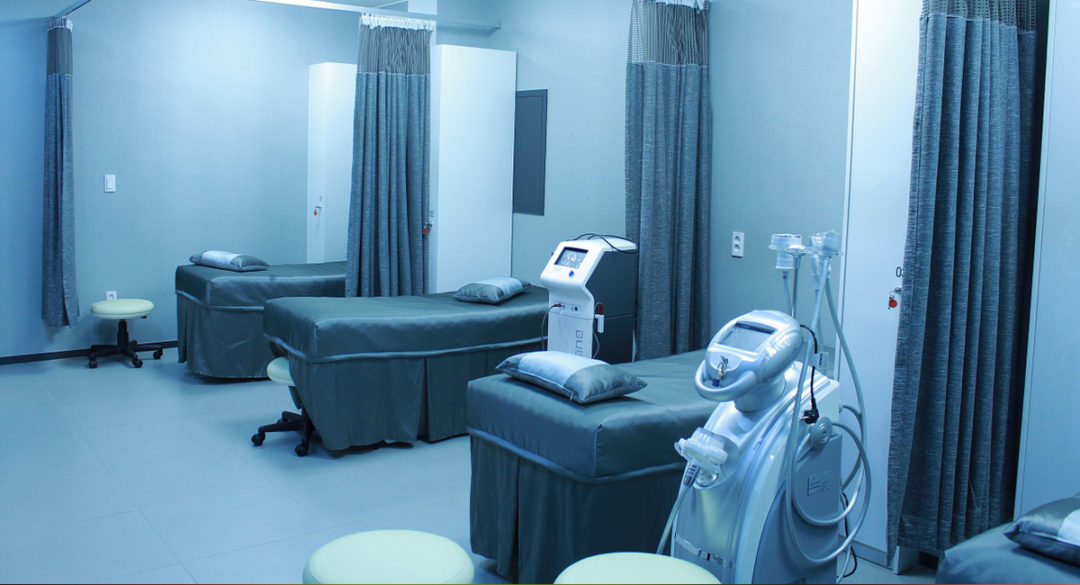It’s going to take a brave person to use the latest “fecal” method to fight infection but I suppose if you’re sick enough, you’re going to go for it. This 4 part gut series by nutritionist Fleur Borrelli, shows how incredibly important gut microbes are and how they affect every facet of our health and well being. The more removed from the earth and the land we are, the more processed our foods are, the more we will suffer and see diseases increasing despite all the medical breakthroughs of the last century. That there are now superbugs that are resistant to antibiotics is a very frightening development and gives us the possible prospect of people once again dying from a simple infection. However there are things you can do to protect yourself. Eating healthily and exercising regularly, will help protect and strengthen your immune system. In fact, a good lifestyle, could save your life.
Future Solutions
 The Hazda tribe of Tanzania are currently being studied to gain more information about how our microbes in our gut work to keep us free from disease. They are the last remaining Hunter Gatherer group that still hunt and gather as we used to. They continue to have that connection to the microbial world and therefore can provide us with living examples of what our gut microbes may have looked like.
The Hazda tribe of Tanzania are currently being studied to gain more information about how our microbes in our gut work to keep us free from disease. They are the last remaining Hunter Gatherer group that still hunt and gather as we used to. They continue to have that connection to the microbial world and therefore can provide us with living examples of what our gut microbes may have looked like.
Fecal transplants
An emerging new bacterial treatment is the use of fecal transplants. This is the process of transplanting fecal bacteria from a healthy individual into a recipient. Difficult infections such as C difficile are already being treated using fecal transplant by doctors in clinics rather than using antibiotics. Fortunately researchers have come up with a convenient way of administering a fecal transplant by putting healthy fecal material into freeze dried capsules for oral delivery – known as God’s probiotic!
The British Gut Project
British Gut is a new science project launched by King’s College, London to understand the microbial diversity of the human gut. In collaboration with the US equivalent, American Gut, British Gut is inviting volunteers to donate to the project. They will receive a swab kit to collect a sample of their gut microbes to be sent to King’s. British Gut will then sequence the genetic sample and provide participants with a list of bacteria present in their gut and map how it compares to the rest of the population. The project is giving people in the UK and across Europe the opportunity to learn more about microbes which live in their gut, skin and mouth and to find out how these microbes are affected by diet and lifestyle. http://www.britishgut.org/
Our overly-clean environments coupled with antibiotics as well as c-sections and processed food mean we no longer have the microbial diversity that we used to have. This affords us less protection against infection and disease. As a consequence we are seeing the rise of superbugs such as MRSA which is especially troublesome in hospitals, prisons, and nursing homes, where patients with open wounds, invasive devices, and weakened immune systems are at greater risk. We are already using pre and probiotics as treatment and with more knowledge this will become more specialized.

Comments 2
Hiya Glynis i really look forward to your messages as i am interested in health and nutrition the topics are very helpful. Will look forward to reading you’re new book. Mary x
Hi Glynis
I would love your thoughts on the best digestive enzyme i could use. Last year I had my gallbladder removed and feel i would benefit taking these. I also take a probiotic. Im looking forward to starting swimming again, you have inspired me. suexx